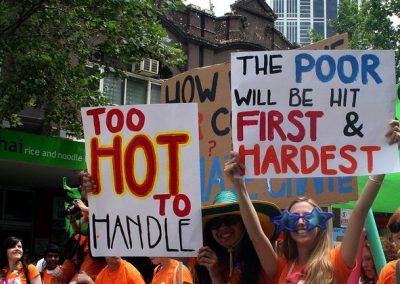Mental Health Status of Human Rights Workers
Kosovo, June 2000, Timothy Holtz, Peter Salama, Barbara Cardozo, and Carol Gotway, Journal of Traumatic Stress (2000)
Human rights workers in humanitarian relief settings may be exposed to traumatic events that put them at risk for psychiatric morbidity. The study conducted a cross-sectional survey in June 2000 to study the prevalence of psychiatric morbidity among 70 expatriate and Kosovar Albanian staff collecting human rights data in Kosovo. Among those surveyed, elevated levels of anxiety, depression, and posttraumatic stress disorder symptoms were found in 17.1, 8.6, and 7.1% respectively. Multiple regression analysis revealed that human rights workers at risk for elevated anxiety symptoms were those who had worked with their organization longer than 6 months, those who had experienced an armed attack, and those who experienced local hostility. This study indicates that human rights organizations should consider mental health assessment, care, and prevention programs for their staff.
RELATED RESOURCES

Updating the Nonprofit Work Ethic, Beth Kanter and Aliza Sherman, Stanford Social Innovation Review, (2016)
Read More
Self-Care for Activists: Sustaining Your Most Valuable Resource, New Tactics (Sept. 21, 2010)
Read More
Sustainable Activism: Managing hope and despair in social movements, Paul Hoggett and Rosemary Randall, Transformation, Open Democracy (Dec. 12, 2016)
Read More
Resilience as Resistance: Mental health and well-being in human rights, Open Global Rights Blog Series
Read More
Embodiment as resilience and resistance in human rights work, Loretta Pyles, OpenGlobalRights (March 2019)
Read More


